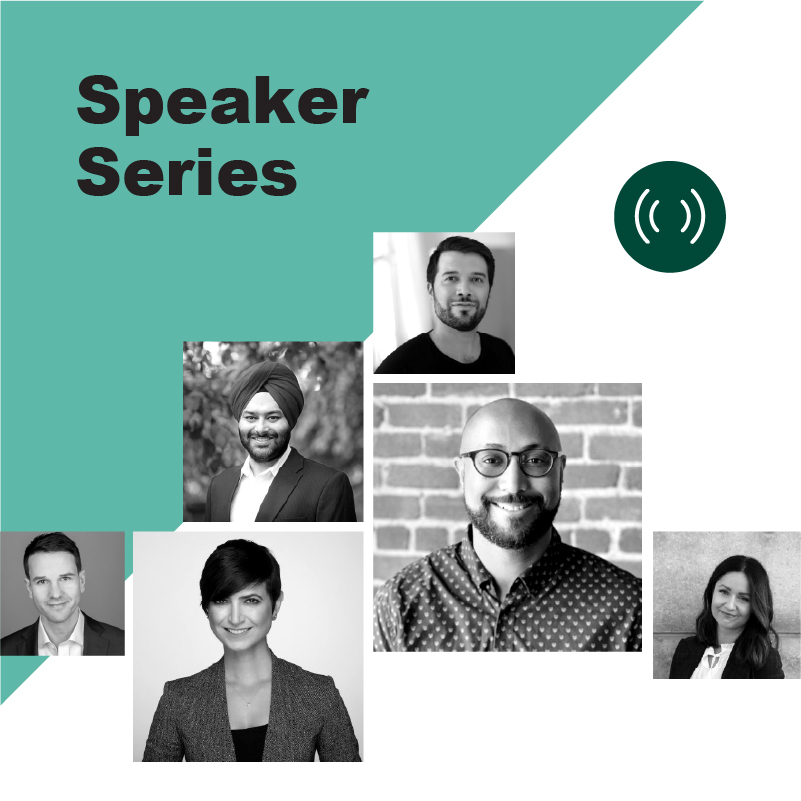I want to talk about the difference between building startups vs. products. However, in order for you to understand my perspective I need to give you a bit of background. I grew up in Taiwan and got my undergraduate at UVA. After college, I got my first job in investment banking and then went into venture capital. After working for a while I decided to go back to school at Harvard. While at Harvard I started building my own business.
Building Startups and A Product
This was the first time I got into the building side of things. In fact, I had this idea about wine. I decided to build something that essentially figured out your taste preferences as a wine drinker. The hope was that I would be able to sell you the wine that you liked based on your preferences. I ended up folding that business and finishing my degree. My experience as a founder was exhausting, so I decided to go to work for someone else as a product manager.
I joined fab.com, a very large e-commerce company that raised a lot of money. Immediately I got mapped to 30 engineers and was responsible for what we call marketing technology. I was there for seven months when I got an email from Matt, the CEO of Blue Apron. He said that he was looking for the company’s first product hire. So, I joined Blue Apron as the first product manager.
Who Is Founder Material?
How do product people know if they are founder material? My personal bias is that product people can be the best types of founders. In fact, as a PM, you’re by definition, the most general manager type person at a company aside from the CEO.
However, I think a lot of times you may not know when you’re likely to start a company. This is why I think it’s important to talk about what the days look like for a seed-stage founder. Those wanting to be founders must build experience and prepare themselves for that life.
Join us at our weekly Speaker Series events to engage with product leaders in your own community and gain insights on how to accelerate digital transformation.
Criteria For Forming Teams
These are the four things that I help seed-stage founders think through:
- Team
- Product
- Customers
- Capital
First, let’s talk about forming your team. The creation of a team is incredibly important, and this is what you should look for:
- People you have a great history working with
- Co-Founder disputes– is one of the biggest risks when building startup
- People that have a complementary skill set – we call this “founder-market fit”.
- Find domain/industry knowledge that compliments yours
- Find the functional gaps you need filled
- Most Important – Exceptional people who can help supercharge the company in the early days (and can scale with the company).
